BSD
Sukah 44a
Mar-Cheshvan 6, 5783. November 1, 2022
1- We continued on topic #3 of last week that in order not to create “אגודות אגודות”, [meaning that all כלל ישראל should be cohesive and practice the same Mitzvos] since in חוץ לארץ due to ספיקא דיומא, we do not observe Lulav on Shabbos, the חכמים uprooted the מצוה from the Israelis as well.
We mentioned that a few years back Professor Yoel Elitzur
 reached out to prominent Rabbonim with a suggestion that perhaps the original custom of taking the Lulav on Shabbos (first day of Sukkos) should be reinstated in ארץ ישראל.
reached out to prominent Rabbonim with a suggestion that perhaps the original custom of taking the Lulav on Shabbos (first day of Sukkos) should be reinstated in ארץ ישראל.
His point being that originally it was practiced in ארץ ישראל [as stated in Yerushalmi] and it was only about 800 years ago that they stopped observing it. At the time, the Jewish population in חוץ לארץ were the majority as opposed to the small communities in ארץ ישראל. Thus, the minority followed the רוב.

Today however, when the majority of the Jewish population lives in Israel, they should go back to practice what the custom was in the times of the בית המקדש.
The response he received from all the רבנים was a firm negative. ‘Let’s wait for Moshiach’ to bring back the original custom”!
See article here.
2- Our גמרא questions if our custom of הושענות is a תקנת נביאים or just a מנהג נביאים.

As Rashi explains, a תקנה is a more weighty and important enactment that just a מנהג.
The practical difference would be – if it is a forceful תקנה, then a ברכה should be said on the הושענות. If it is merely a מנהג no ברכה can be said since we cannot say אשר קדשנו במצותיו וצונו, meaning we were commanded. Rashi adds that even לא תסור does not apply.
This is a big topic as we find many enactments of מנהגים and תקנות that a ברכה is recited. We will continue on this next week BL”N.
3 –As a continuation of the לא תתגודדו topic, we briefly mentioned an offshoot of this סוגיא. We ran out time and will continue BL”N.
The topic is if a citizen of a particular community that is strict in a certain הלכה travels to a city that is lenient in that הלכה, what should he do?
Say a Yeshiva/Chasidisher person traveled in 1920 to Yemen. He is invited to eat by a local and is served meat. Surely it is Kosher. But….. they way they שחט the animal is totally not accepted in the Western Hemisphere. Any שוחט in the USA, Israel or Europe that would שחט in with the Yemenite מנהגים, would be disqualified from being a שוחט.
Can this traveler eat this lamb chop? If he is clueless as to the difference, may his hosts offer it to him or they need to advise him first?
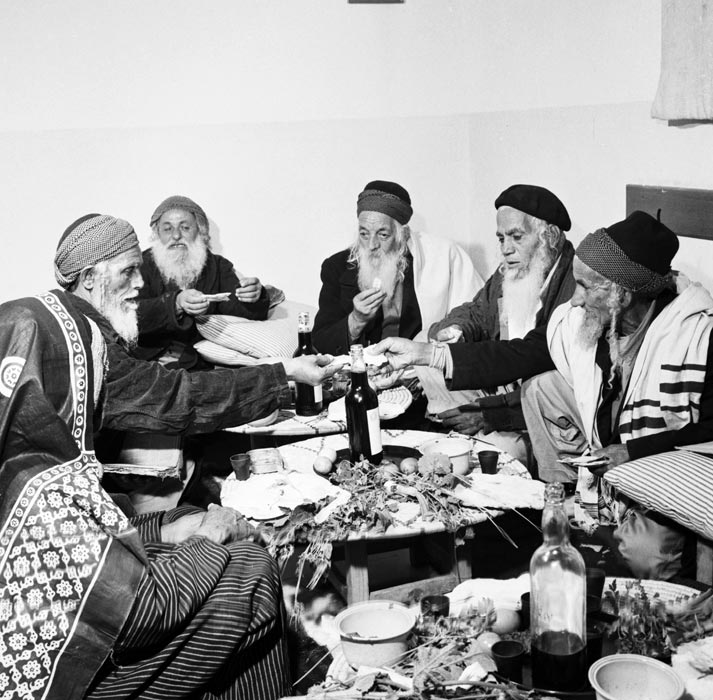
As an introduction to this topic we discussed the four stomachs that a cow has and which ones have חלב which needs to be removed.
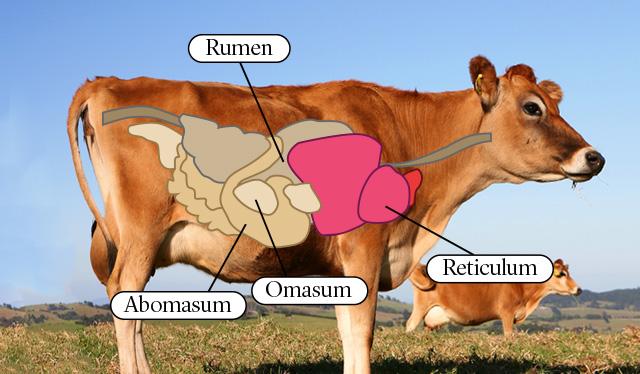
חלב שעל הכרס and the מנהג of the בני ריינוס not to scrape off this fatty tissue.
בני ריינוס are the famed Jewish communities that existed along the Rhine River in Germany. This designation is occasionally used for all of German Jewry as opposed to the French, Italian and Spanish Peninsula.
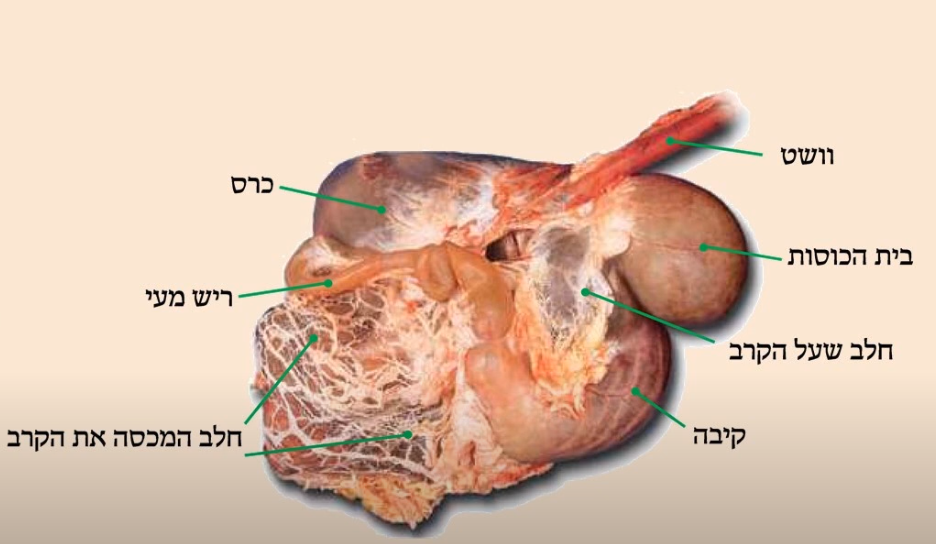
See here. YD 64, 9.

4- We came across the expression of Reb Yochanon, who lived in ארץ ישראל, that true Torah learning was in בבל and not in ארץ ישראל!
In regards to what incident did he say such a stunning statement? A rather fascinating story. It’s long but very interesting.
‘A lion has come up from בבל!


We read the text of the Gemara in BK 117 a-b. Here it is from Sefaria.The Gemara relates another incident: There was a certain man who desired to show another individual’s straw to the gentile authorities, who would seize it. He came before Rav, who said to him: Do not show it and do not show it, i.e., you are absolutely prohibited from showing it. The man said to him: I will show it and I will show it, i.e., I will certainly show it. Rav Kahana was sitting before Rav, and, hearing the man’s disrespectful response, he dislodged the man’s neck from him, i.e., he broke his neck and killed him.
Seeing Rav Kahana’s action, Rav read the following verse about him: “Your sons have fainted, they lie at the head of all the streets, as an antelope in a net” (Isaiah 51:20). Just as with regard to this antelope, once it falls into the net, the hunter does not have mercy upon it, so too with regard to the money of a Jew, once it falls into the hand of gentiles, they do not have mercy upon him, i.e., the Jew. Since gentiles who seek a Jew’s money will kill him in order to seize the property, Rav Kahana acted appropriately when he broke the miscreant’s neck, as he protected the Jew’s property and, by extension, the Jew himself.
Rav then said to Rav Kahana: Kahana, until now there were Persian rulers who were not particular about bloodshed. But now there are Greeks who are particular about bloodshed, and they will say: Murder [meradin], murder, and they will press charges against you. Therefore, get up and ascend to Eretz Yisrael to study there under Rabbi Yoḥanan, and accept upon yourself that you will not raise any difficulties to the statements of Rabbi Yoḥanan for seven years.
Rav Kahana went to Eretz Yisrael and found Reish Lakish, who was sitting and reviewing Rabbi Yoḥanan’s daily lecture in the academy for the Rabbis, i.e., the students in the academy. When he finished, Rav Kahana said to the students: Where is Reish Lakish? They said to him: Why do you wish to see him? Rav Kahana said to them: I have this difficulty and that difficulty with his review of Rabbi Yoḥanan’s lecture, and this resolution and that resolution to the questions he raised. They told this to Reish Lakish. Reish Lakish then went and said to Rabbi Yoḥanan: A lion has ascended from Babylonia, and the Master ought to examine the discourse he will deliver in the academy tomorrow, as Rav Kahana may raise difficult questions about the material.

The next day, they seated Rav Kahana in the first row, in front of Rabbi Yoḥanan. Rabbi Yoḥanan stated a halakha and Rav Kahana did not raise a difficulty, in accordance with Rav’s instruction. Rabbi Yoḥanan stated another halakha and again, Rav Kahana did not raise a difficulty. As a result, they placed Rav Kahana further back by one row. This occurred until he had been moved back seven rows, until he was seated in the last row. Rabbi Yoḥanan said to Rabbi Shimon ben Lakish: The lion you mentioned has become a fox, i.e., he is not knowledgeable.
Rav Kahana said to himself: May it be God’s will that these seven rows I have been moved should replace the seven years that Rav told me to wait before raising difficulties to the statements of Rabbi Yoḥanan. He stood up on his feet and said to Rabbi Yoḥanan: Let the Master go back to the beginning of the discourse and repeat what he said. Rabbi Yoḥanan stated a halakha and Rav Kahana raised a difficulty. Therefore, they placed him in the first row, and again, Rav Yoḥanan stated a halakha, and he raised a difficulty.
Rabbi Yoḥanan was sitting upon seven cushions [bistarkei] so that he could be seen by all the students, and since he could not answer Rav Kahana’s questions, he removed one cushion from under himself to demonstrate that he was lowering himself out of respect for Rav Kahana. He then stated another halakha and Rav Kahana raised another difficulty. This happened repeatedly until Rabbi Yoḥanan removed all the cushions from underneath himself until he was sitting on the ground. Rabbi Yoḥanan was an old man and his eyebrows drooped over his eyes. He said to his students: Uncover my eyes for me and I will see Rav Kahana, so they uncovered his eyes for him with a silver eye brush.
Once his eyes were uncovered, Rabbi Yoḥanan saw that Rav Kahana’s lips were split and thought that Rav Kahana was smirking at him. As a result, Rabbi Yoḥanan was offended, and Rav Kahana died as punishment for the fact that he offended Rabbi Yoḥanan. The next day, Rabbi Yoḥanan said to the Rabbis, his students: Did you see how that Babylonian, Rav Kahana, behaved in such a disrespectful manner? They said to him: His usual manner of appearance is such, and he was not mocking you. Hearing this, Rabbi Yoḥanan went up to Rav Kahana’s burial cave and saw that it was encircled by a serpent [akhna], which had placed its tail in its mouth, completely encircling the cave and blocking the entrance.

Rabbi Yoḥanan said to it: Serpent, serpent, open your mouth and allow the teacher to enter and be near the disciple, but the serpent did not open its mouth to allow him entry. He then said: Allow a colleague to enter and be near his colleague, but still the serpent did not open its mouth. Rabbi Yoḥanan said: Allow the disciple to enter and be near the teacher, referring to Rav Kahana as his own teacher. The snake then opened its mouth for him to allow him entry. Rabbi Yoḥanan requested divine mercy from God and raised Rav Kahana from the dead.
Rabbi Yoḥanan said to Rav Kahana: Had I known that this was the Master’s manner of appearance, I would not have been offended. Now let the Master come with me to the study hall. Rav Kahana said to him: If you are able to request divine mercy so that I will not die again, I will go with you, and if not, I will not go with you. The Gemara comments: Since the time decreed for his death had passed, it had passed.
Rabbi Yoḥanan then completely awakened him and stood him up. Thereafter, he asked him about every uncertainty that he had, and Rav Kahana resolved each of them for him. And this is the background to that which Rabbi Yoḥanan says to his students on several occasions:
What I said was yours is in fact theirs, i.e., I thought that the Torah scholars in Eretz Yisrael were the most advanced, but in fact the scholars of Babylonia are the most advanced, as evidenced by Rav Kahana’s knowledge.
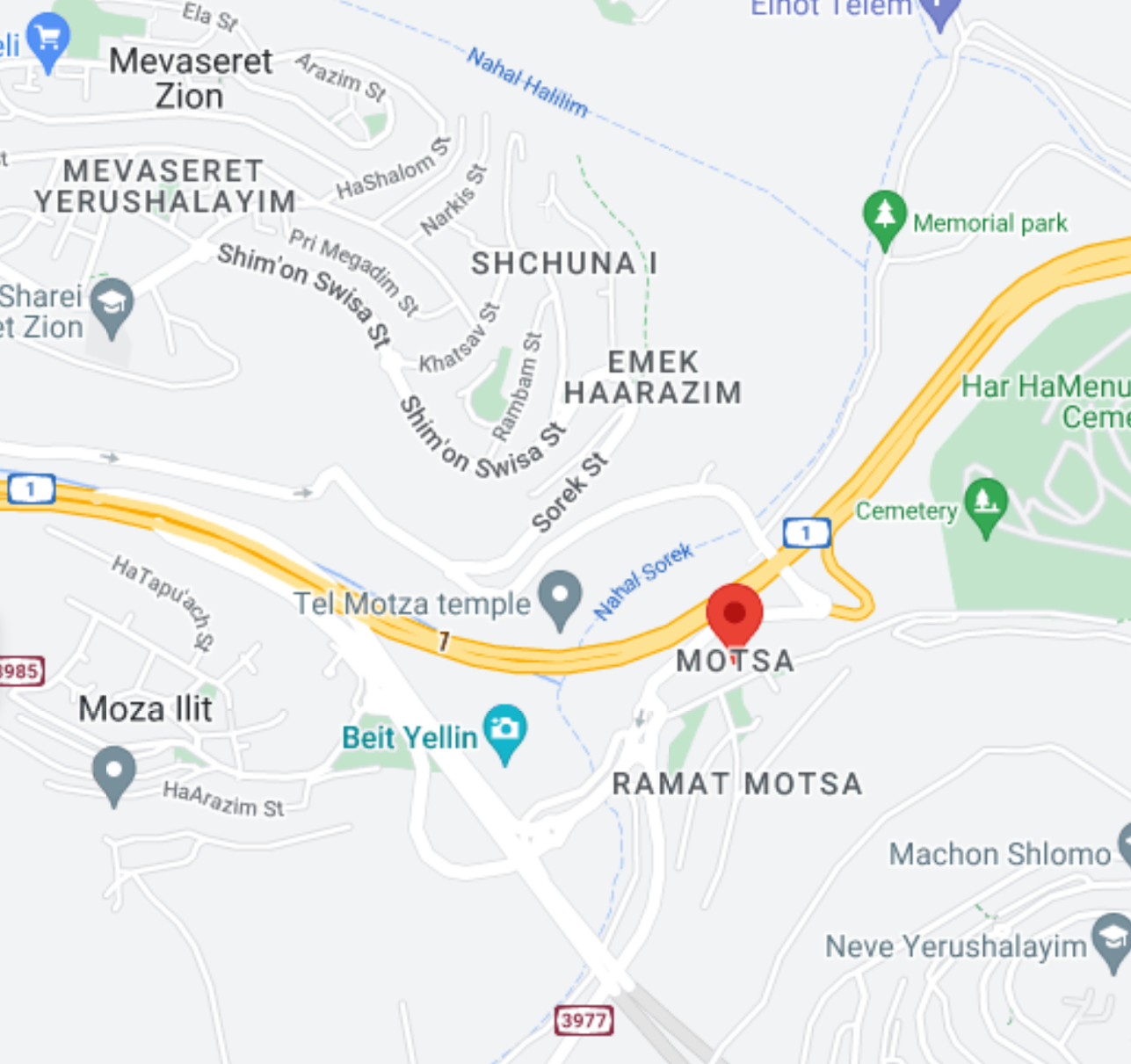


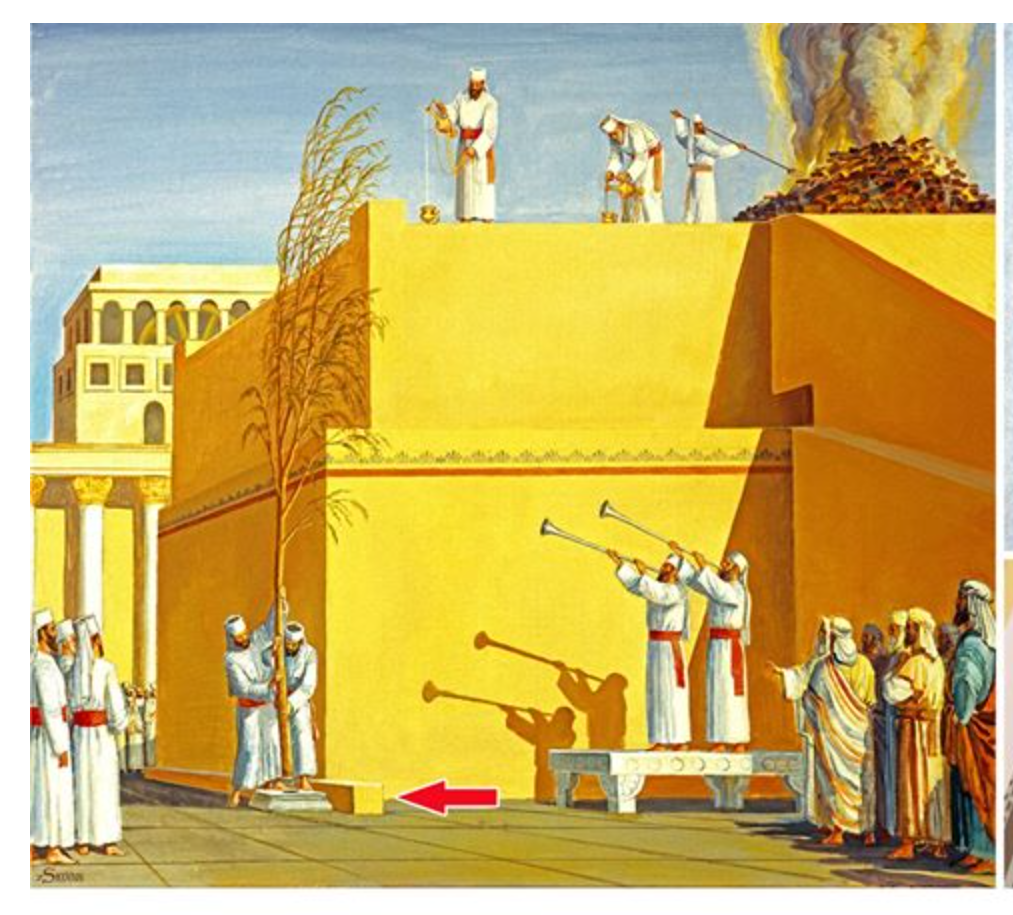

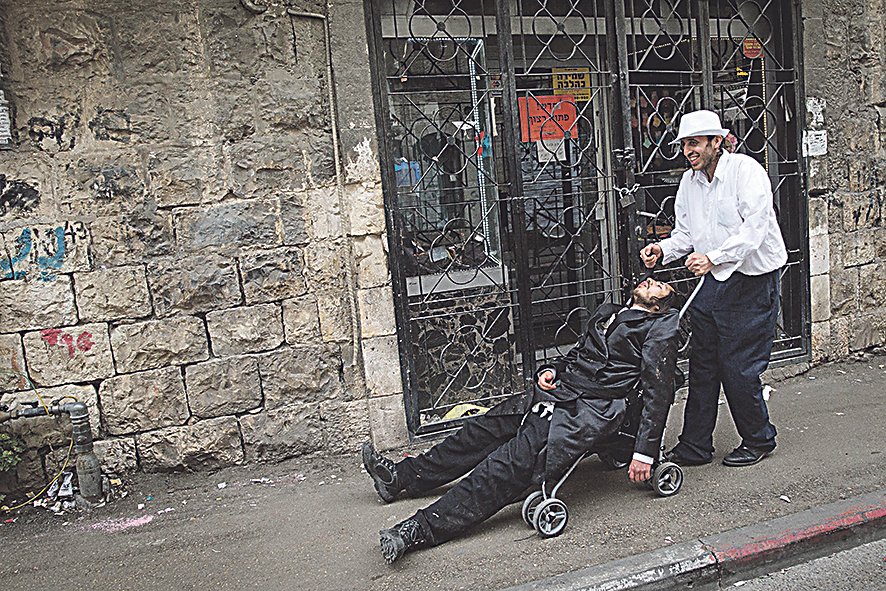

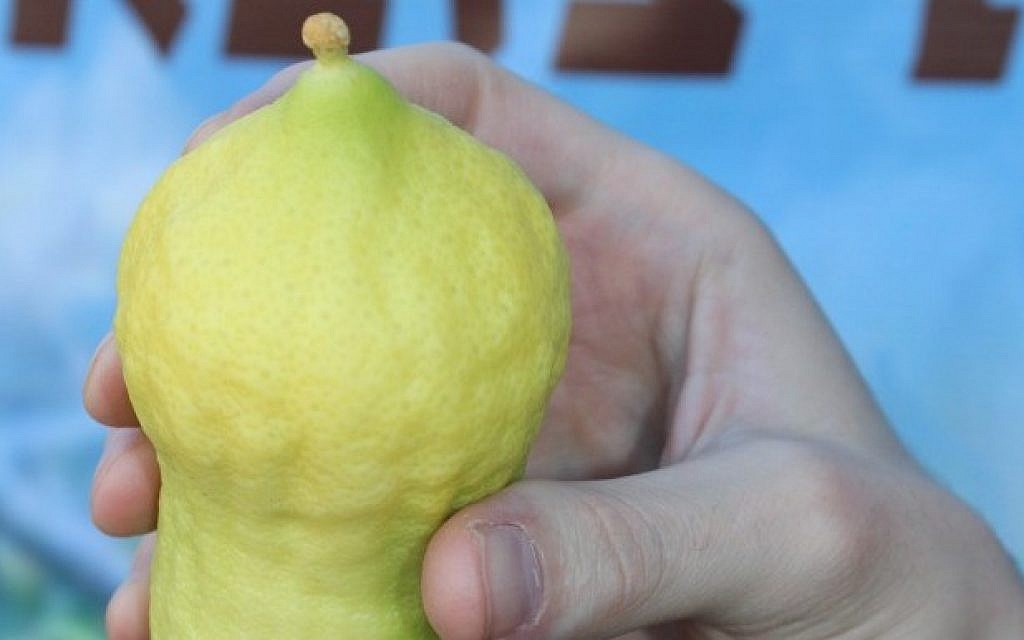
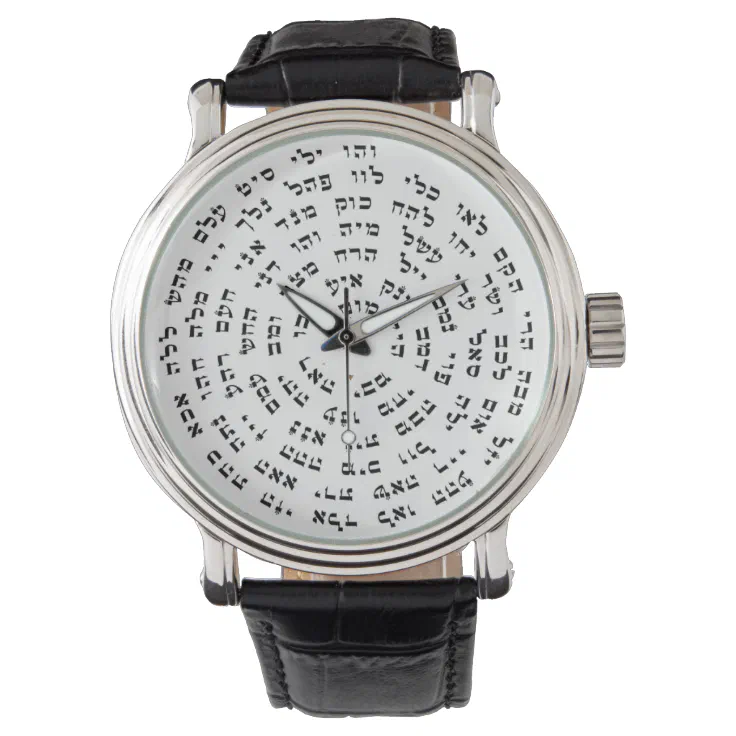




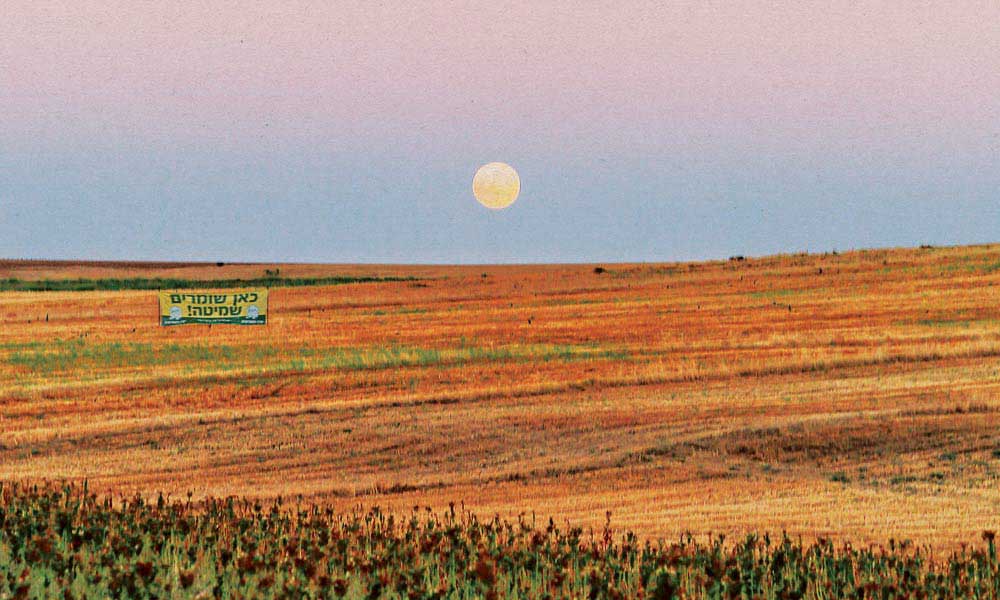
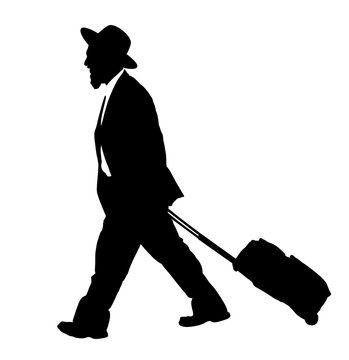





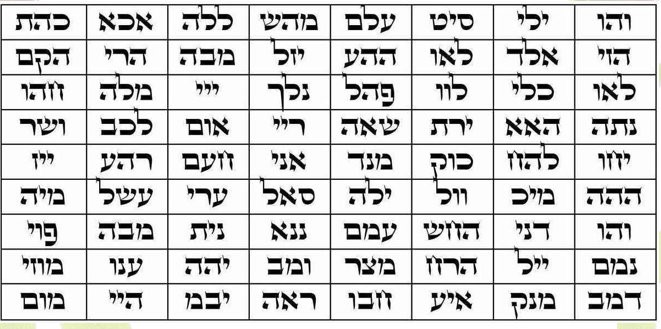


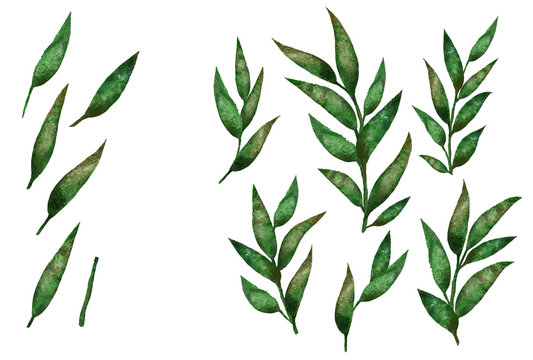


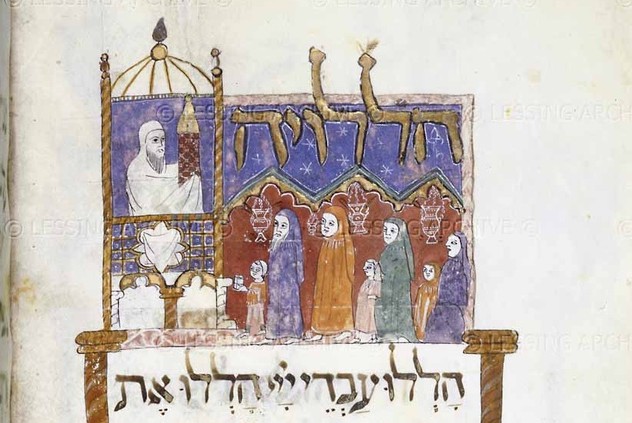

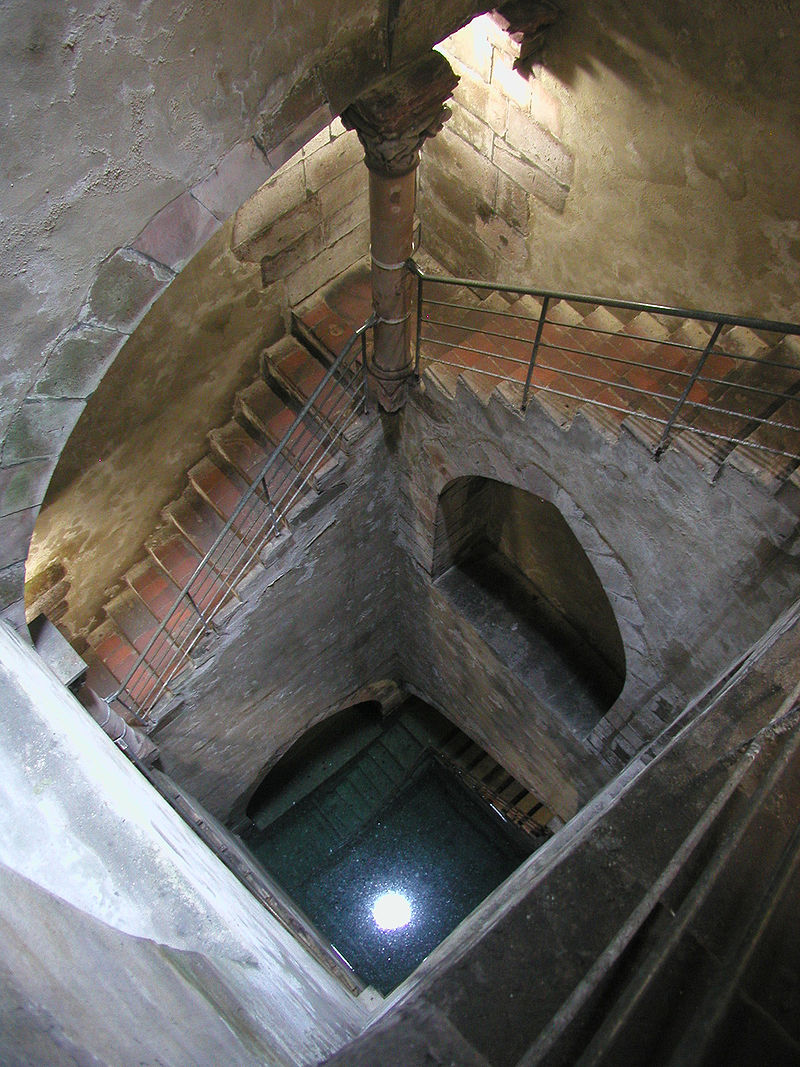
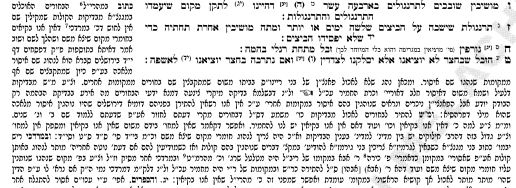


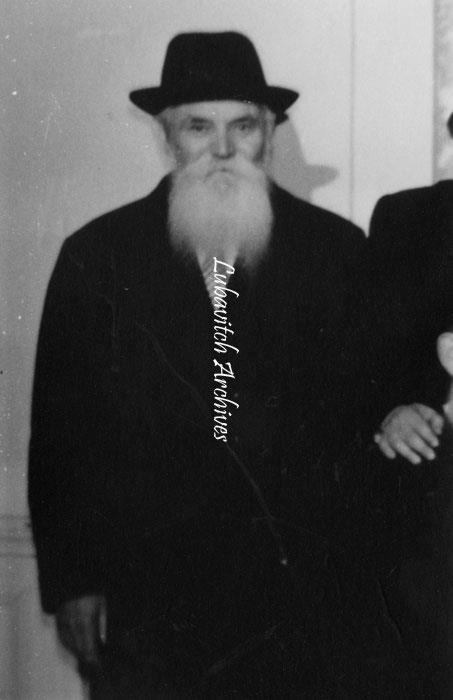

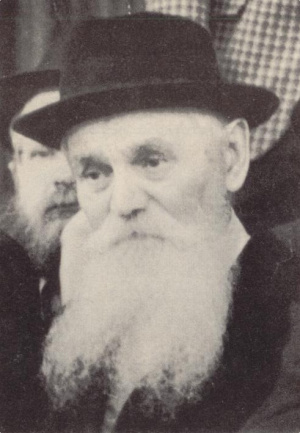
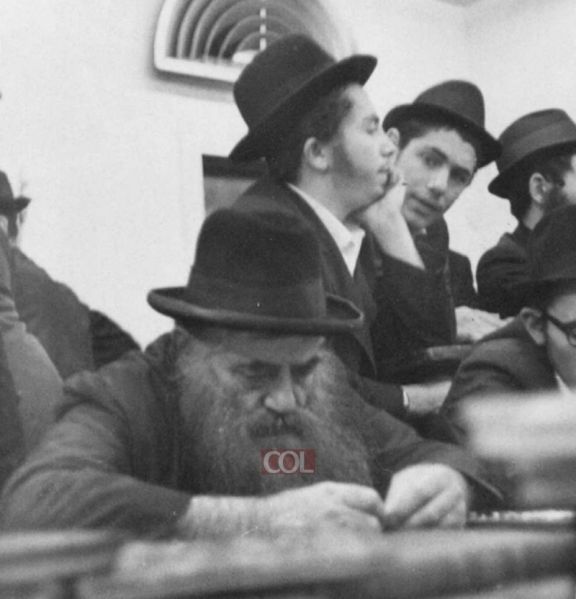
 reached out to prominent Rabbonim with a suggestion that perhaps the original custom of taking the Lulav on Shabbos (first day of Sukkos) should be reinstated in ארץ ישראל.
reached out to prominent Rabbonim with a suggestion that perhaps the original custom of taking the Lulav on Shabbos (first day of Sukkos) should be reinstated in ארץ ישראל. 








